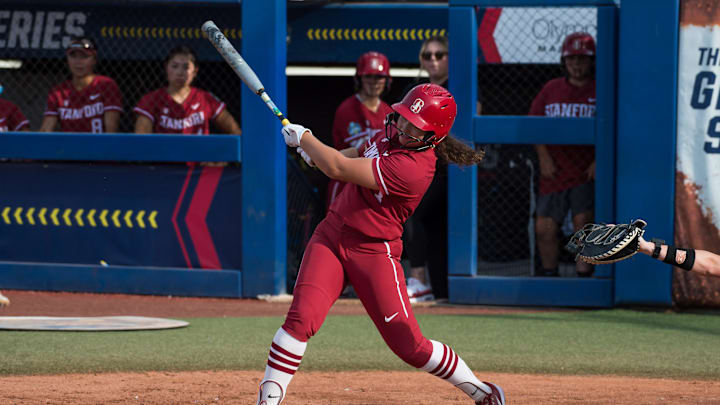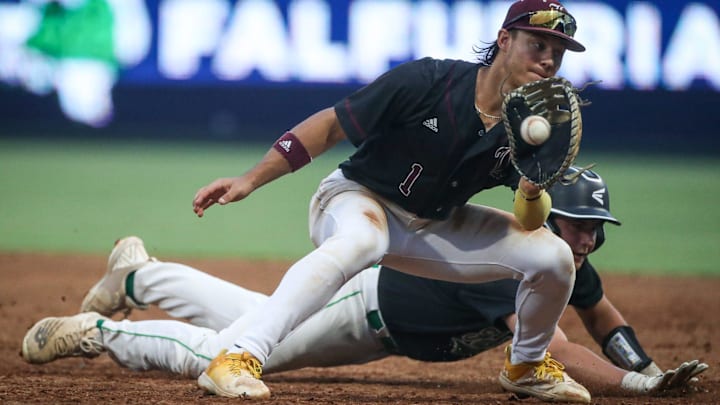STORY: The U.S. Supreme Court early on Saturday paused President Donald Trump's administration from deporting Venezuelan men in immigration custody after their lawyers said they were at imminent risk of removal without the judicial review the court had insisted on.
Lawyers for the American Civil Liberties Union filed urgent requests on Friday in multiple courts, including the Supreme Court, urging immediate action. They said some of the men had already been loaded onto buses and were told they were to be deported. The latest escalation is centered on dozens of Venezuelans held at the Bluebonnet Detention Facility in Anson, Texas.

The ACLU said the rapid developments meant the administration was poised to deport the men using a 1798 law historically used only in wartime. It would not have given them a realistic opportunity to contest their removal - as the Supreme Court had required. The White House did not immediately respond to a request for comment on the Supreme Court decision.
Conservative Justices Clarence Thomas and Samuel Alito publicly dissented from the decision. The case raises questions about the Trump's administration's adherence to limits set by the Supreme Court. And it could herald a significant clash between the two coequal branches of government - potentially even a full-blown constitutional crisis.
Trump was elected on a promise to crack down on migrants. :: Tecoluca, El Salvador He has invoked the 1798 Alien Enemies Act in an attempt to swiftly deport accused members of Tren de Aragua, a criminal gang originating from Venezuelan prisons, which his administration labels a terrorist group. The president and his senior aides have asserted their executive power grants them wide authority on immigration matters, testing the balance of power between branches of government.
:: Tecoluca, El Salvador At issue is whether the Trump administration has met the Supreme Court's standard for allowing due process before sending the detainees to another country possibly to the notorious prison in El Salvador where others are jailed. It was unclear on Friday how many people were potentially to be deported, and where they might be taken..
US Supreme Court pauses deportations of Venezuelan migrants

STORY: The U.S. Supreme Court early on Saturday paused President Donald Trump's administration from deporting Venezuelan men in immigration custody after their lawyers said they were at imminent risk of removal without the judicial review the court had insisted on.Lawyers for the American Civil Liberties Union filed urgent requests on Friday in multiple courts, including the Supreme Court, urging immediate action.They said some of the men had already been loaded onto buses and were told they were to be deported.The latest escalation is centered on dozens of Venezuelans held at the Bluebonnet Detention Facility in Anson, Texas. The ACLU said the rapid developments meant the administration was poised to deport the men using a 1798 law historically used only in wartime.It would not have given them a realistic opportunity to contest their removal - as the Supreme Court had required.The White House did not immediately respond to a request for comment on the Supreme Court decision.Conservative Justices Clarence Thomas and Samuel Alito publicly dissented from the decision.The case raises questions about the Trump's administration's adherence to limits set by the Supreme Court.And it could herald a significant clash between the two coequal branches of government - potentially even a full-blown constitutional crisis.Trump was elected on a promise to crack down on migrants.:: Tecoluca, El SalvadorHe has invoked the 1798 Alien Enemies Act in an attempt to swiftly deport accused members of Tren de Aragua, a criminal gang originating from Venezuelan prisons, which his administration labels a terrorist group.The president and his senior aides have asserted their executive power grants them wide authority on immigration matters, testing the balance of power between branches of government.:: Tecoluca, El SalvadorAt issue is whether the Trump administration has met the Supreme Court's standard for allowing due process before sending the detainees to another country possibly to the notorious prison in El Salvador where others are jailed.It was unclear on Friday how many people were potentially to be deported, and where they might be taken.















